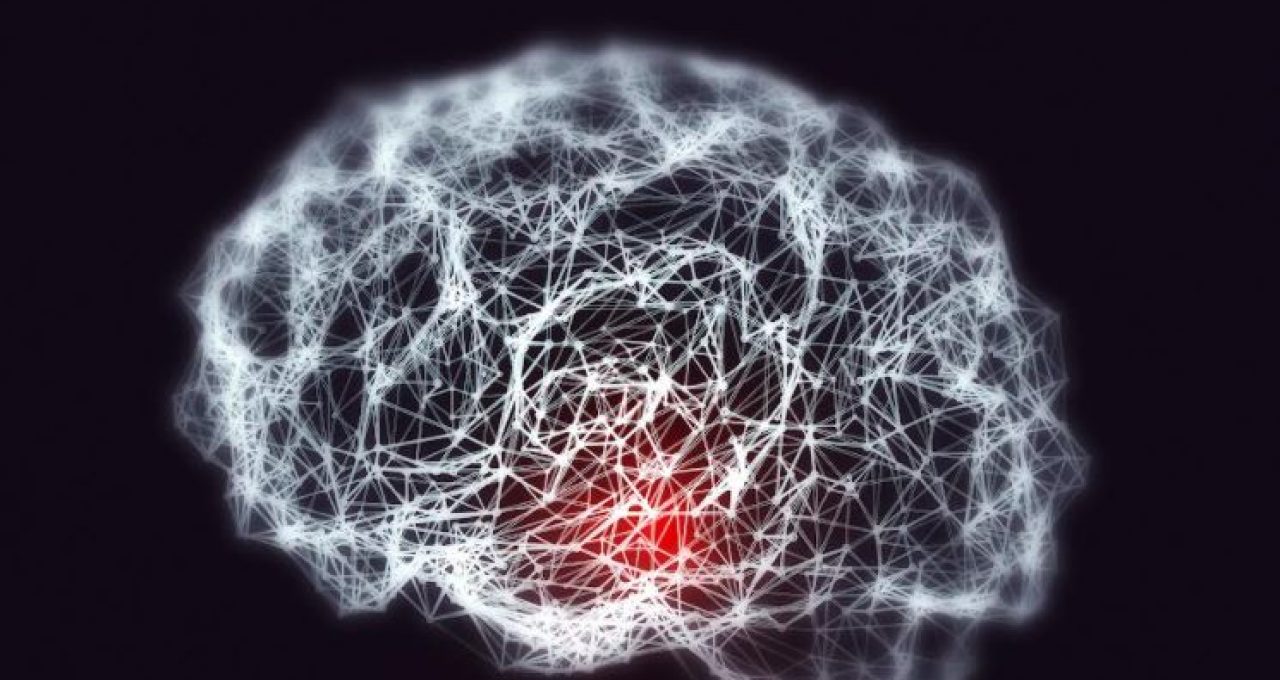
Recent reports show that Tau aggregates present in the brain of transgenic mice and AD patients can accelerate Tau spreading and downstream pathological cascades when exogenously administered in animal models. This is relevant considering that misfolded tau aggregates correlate with cognitive decline and other pathological features seen in AD. Interestingly, our preliminary data indicates that it is possible to accelerate Aβ deposition in the brain of transgenic mice by transfusions of blood coming from old AD transgenic animals. Likewise, blood and neuronal circuits may act synergistically to spread peripheral Tau misfolded “seeds”, possibly at asymptomatic stages of the pathology. In this proposal, we will determine the impact of blood Tau aggregates to induce AD neuropathology in the nervous system using transgenic mouse models. Additionally, we will conduct translational research to define the seeding effect and pathological relevance of Tau species from blood of AD patients using complementary approaches in vivo and ex vivo.
PI: Claudia Duran-Aniotz
Support: ANID/Fondecyt